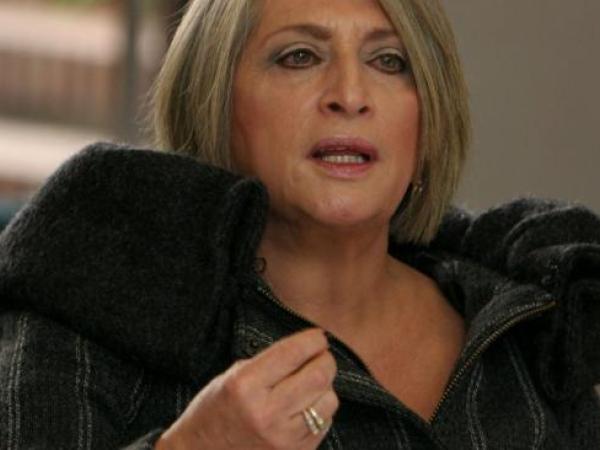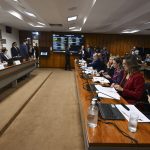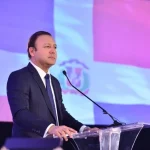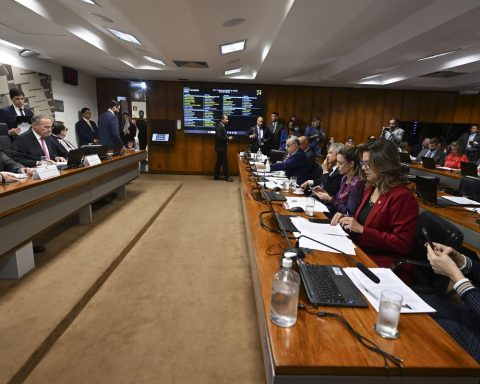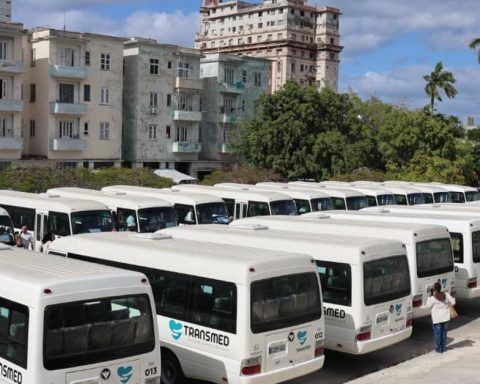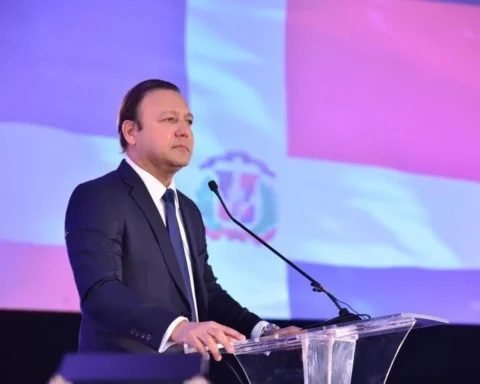This June 5, Gustavo Petro, president-elect of Colombia, announced that Cecilia López will be the Minister of Agriculture of his government. The former senator thanked Petro for the trust he had in her, to assign her as the head of this portfolio.
(‘We seek the closure of ‘fracking’: Muhamad, Minambiente de Petro).
Mr President Elect @petrogustavo I am deeply honored by your assignment to direct one of the great pillars of your proposal: the Colombian countryside. Thank you very much for your trust in me, and I reiterate my unwavering commitment to you, our Colombia and its wonderful people.
– Cecilia Lopez Montaño (@CeciliaLopezM) July 5, 2022
Who is Cecilia Lopez?
Cecilia López is an economist from the Universidad de Los Andes.
Between 1982 and 1985, she was Deputy Minister of Agriculture. In that position, she created the Policy for Rural Women, the first Conpes document aimed at women in the country, and promoted the creation of Anmucic, an association of rural and indigenous women.
From 1985 to 1988, she was Ambassador of Colombia to the Netherlands and, later, Director of the ECLAC Employment Program (1988 – 1990).
During the presidency of Ernesto Samper (1996 – 1997), she was Minister of Agriculture, From there, he promoted the social policy of the rural sector and the productive chains in modern agriculture, the land market as an alternative to the Agrarian Reform and the peasant reserves.
Later, during the Samper government, she was Minister of Environment and Director of National Planning.
López was a senator of the Republic for the period 2006-2010, and a pre-candidate for the presidency of Colombia in 2010 when she lost in the Liberal party’s referendum.
For seven years, López was a consultant for the ILO, the IDB and the World Bank. She was also President of Fundación Agenda Colombia and has been a member of international boards of directors.
In an interview with Noticias Caracol, López stated that one of the main challenges in the sector is the control of high food prices.
“It is an issue that is not only due to national issues, we have an international context that affects food prices, but a fundamental issue is the reactivation of production, there are many products that in six months we can have new crops, there are products that clearly can substitute imports, because international prices are high, but there are also a series of measures on inputs. We have to see how much the production of supplies can be reactivated, we have to coordinate it with other portfolios to see what happens to lower the costs of supplies,” he said.
Also, in said interview, he pointed out that the issue of hunger and compliance with the first point of the Havana agreement they will also be priorities in your portfolio.
“There has to be great coordination because here is peace, the execution of the first point of Havana, which is rural reform. Here is the environmental issue, sustainability, here is the issue of productive transformation. Rather, here is the issue of hunger, without a doubt, that issue of closing that immense social gap between the countryside and the city, it is the issue of rural women, women forgotten throughout history”, she pointed out.
And on the subject of unproductive land, explained: “That is not going to be done by expropriating, that has been made very clear by the president. There are two mechanisms here: a mechanism whereby the State buys those lands. Another mechanism is the multipurpose cadastre, there they either begin to produce these lands in an efficient way, or the fact of paying higher taxes forces them to sell the land”.
BRIEFCASE
